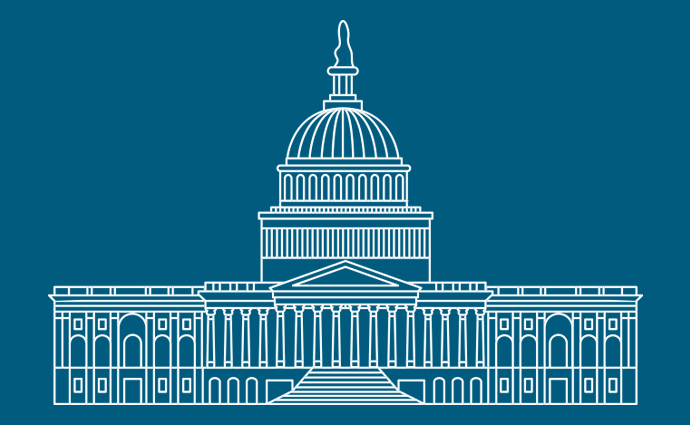Alexander-Murray Bill Offers ACA Market Stabilization, Flexibilities
A new proposed Senate bill with bipartisan support offers solutions towards ACA market stabilization and state healthcare flexibilites.

Source: Thinkstock
- A new bipartisan bill proposed by Senators Lamar Alexander (R-TN) and Patty Murray (D-WA) is an attempt to stabilize and protect provisions of the ACA while allowing for greater state flexibility to manage healthcare.
The Bipartisan Health Care Stabilization Act of 2017 introduces new funding and protections on current ACA programs like the cost-sharing reductions (CSRs) for low-income subsidies while allowing states to implement healthcare governance flexibilities through faster 1332 waivers.
Currently, the bill has garnered the bipartisan support of 24 senators in total consisting of 12 republicans, 11 democrats, and one independent senator (Angus King, ME) but faces other political uncertainties.
The president initially provided support for the bill when it was first proposed but has since switched his stance on the issue, and will require the support of another 27 senators to be passed in the Senate.
The bill’s standout proposal is funding dedicated to keep the CSRs in place from 2017 to 2019, which circulated news outlets immediately following the president’s decision to fully end the CSRs.
Ideally, the CSRs help to keep payers from exiting the sale of ACA individual plans because the subsidies offset the cost of a payer’s most expensive beneficiaries.
Keeping the CSRs in place also helps minimize premium growth of individual health plans, as states have already approved increased premium hikes based on President Trump’s plan to end them.
Another provision of the bill improves the flexibility of states to receive a 1332 state innovation waiver by lowering the approval period from 180 to 90 days.
1332 waivers help states to readjust policies to a point where they can implement specialized programs like the state of Washington’s reinsurance program as a larger effort to stabilize insurance markets.
Other policies in the bill would allow states to fast-track approval processes for a 45-day period if proven necessary, and keep waiver-established programs for six years instead of the current five-year period.
The bill would only allow so much flexibility with 1332 waivers because it protects current ACA policies such as guaranteed coverage for individuals with pre-existing conditions, adult child coverage up to age 26, and the prohibition on annual and lifetime limits.
The Bipartisan Health Care Stabilization Act would also refund the ACA navigators program, which was previously cut by 90 percent, and would increase advertising and enrollment guidance for individuals seeking out an individual health plan.
HHS would also be able to work with states to establish outreach activities, and would be required to report on consumer outreach, education, and assistance activities. The agency is also required to promote regulations for the implementation of Health Care Choice Compacts under the ACA, which allow plans to be sold across state lines in the individual or small group market.
Other parts of the bill aim to improve access to catastrophic-level plans, or “copper plans,” that allow individuals under 30 to purchase these extremely low-cost, high deductible plans with limited health benefits.
The bill still faces the upward battle of garnering further Senate support, and may face further changes depending on the upcoming legislative process.
